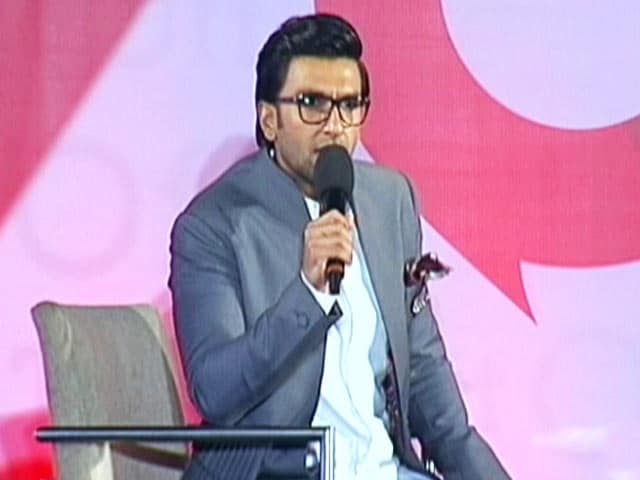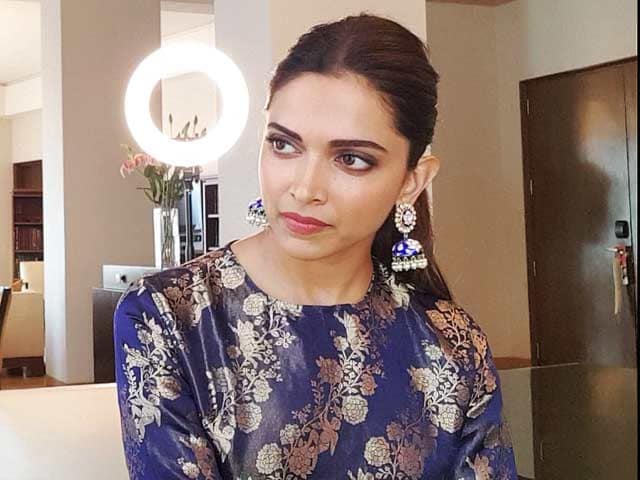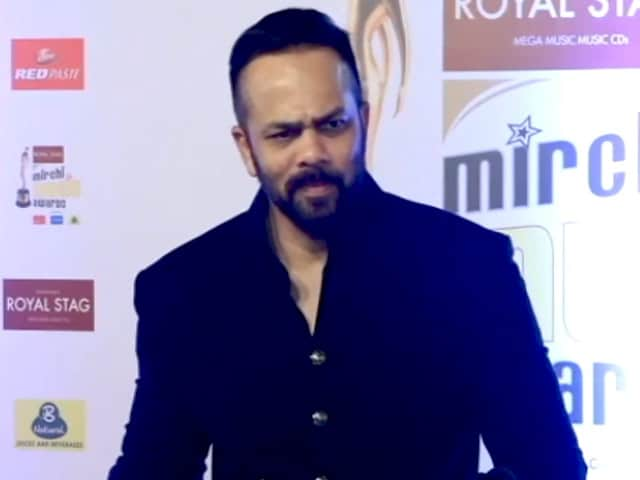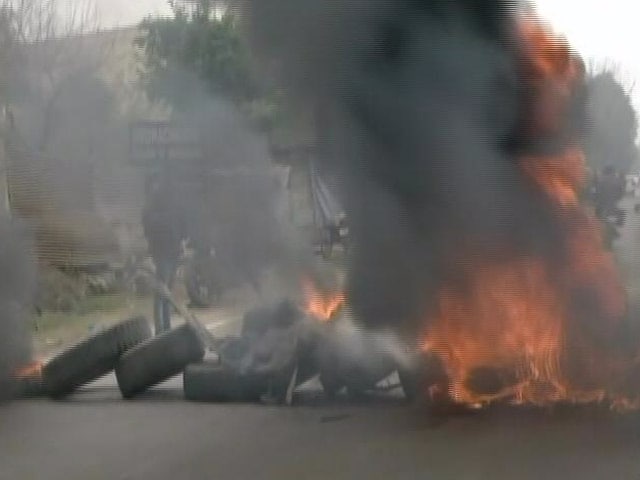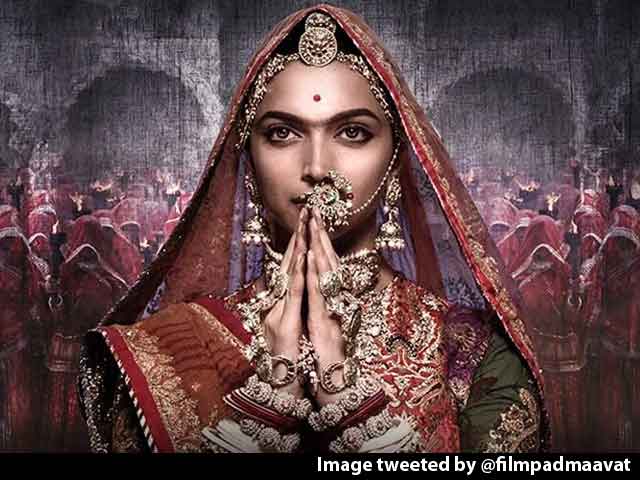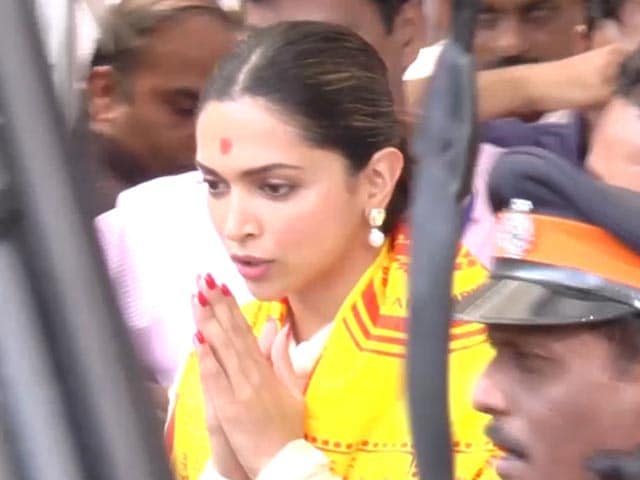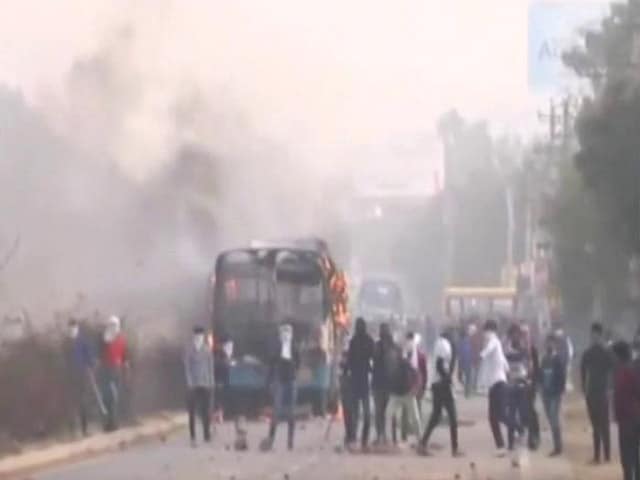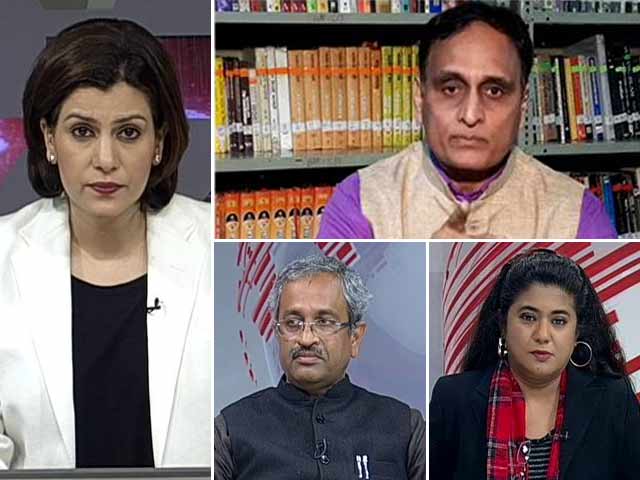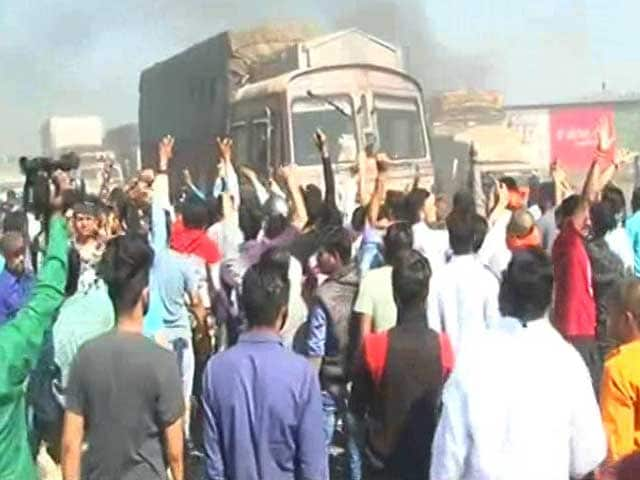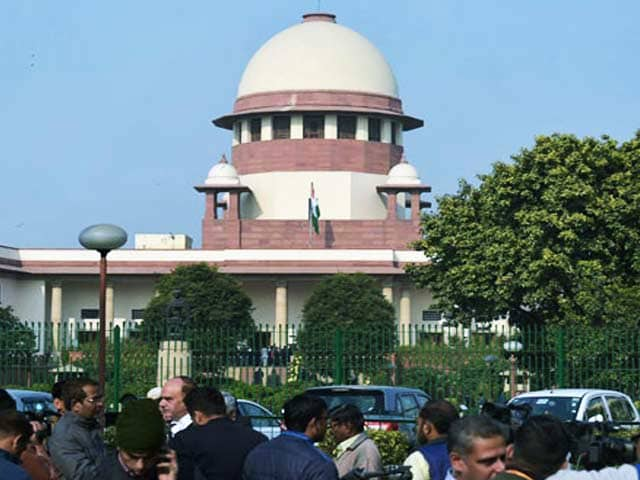The Big Fight: The Big Row Over Padmavati
The row over celebrated Director Sanjay Leela Bhansali's latest offering Padmavati has been simmering for a while now. The first attack took place at Jaigarh Fort in Jaipur when members of the fringe political group Karni Sena stormed into the set and slapped the director. Months later, the set of the film was vandalised and set on fire in Kohlapur, Maharashtra. The row was over an alleged intimate scene between the characters of Queen Padmavati and Alauddin Khilji, that the director subsequently clarified did not exist. Fringe groups have now threatened violence against the lead actor and the director of the film if it is released on its designated date of December 1st, 2017. While tension continues to simmer, in an unrelated development, two highly acclaimed films were dropped from India's most reputed International Film Festival with no explanations offered. Keeping these two major events in mind, the question that begs to be answered is one that pertains to the freedom of expression. Can artistic licence be unbridled? Will India ever be able to produce films based on historical or political themes because it could possibly hurt the sentiments of one group or another? Experts claim that this isn't a new trend and has been going on for ages irrespective of who is in power. Does this leave any room for negotiation? How can India continue to produce award winning films if freedom of expression is constantly curtailed?
